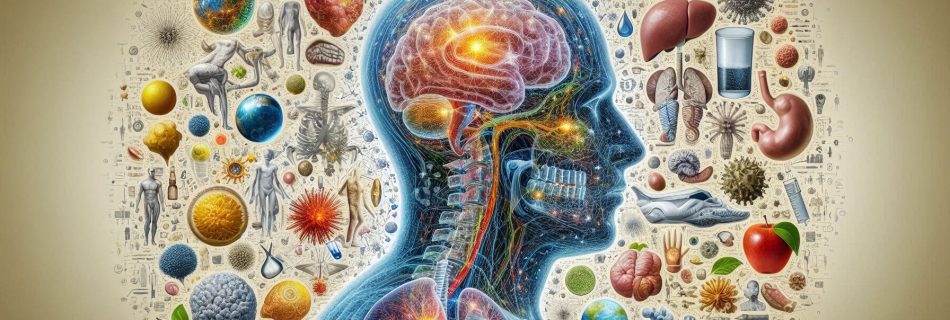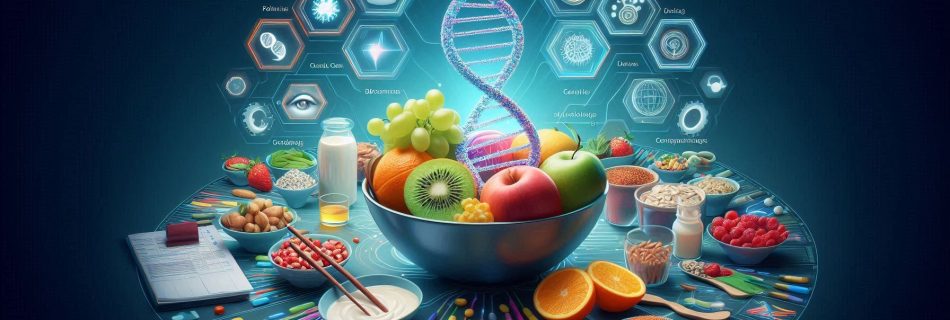The Gut-Brain Axis Explained: Can Your Diet Influence Mental Health?
The intricate relationship between the gut and the brain, termed the gut-brain axis, has emerged as a pivotal concept in both neuroscience and nutritional science. This bidirectional communication system not only controls digestive processes but also plays a significant role in emotional and cognitive health. Modern research increasingly suggests that what we consume profoundly impacts …
Read more “The Gut-Brain Axis Explained: Can Your Diet Influence Mental Health?”










